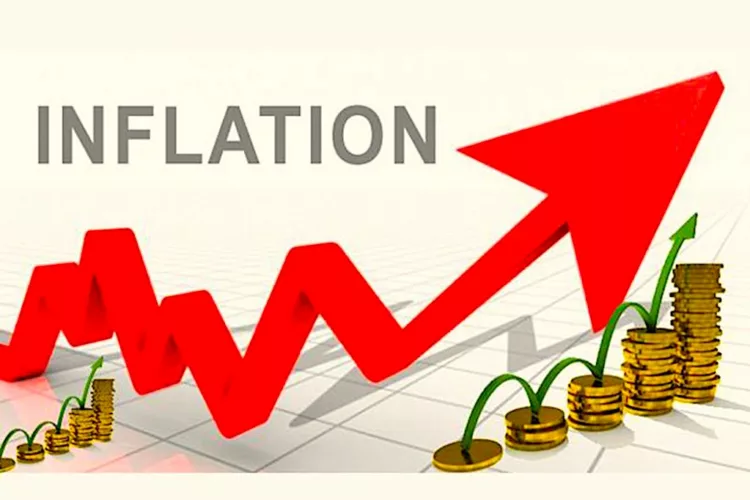The National Bureau of Statistics (NBS) has issued updated data indicating that Nigeria’s headline inflation rate rose to 28.20 per cent in November compared to October 2023 when it was 27.33 per cent.
This represents an increase of 0.87 per cent points from the October 2023 headline inflation rate.
On a year-on-year basis, the headline inflation rate was 6.73 per cent points higher than the rate recorded in November 2022, which stood at 21.47 per cent.
The food inflation rate for November 2023 on a year-on-year basis was 32.84 per cent, marking an 8.72 per cent points increase compared to November 2022 (24.13 per cent).
The surge in food inflation was attributed to higher prices of items such as bread and cereals, oil and fat, potatoes, yam, and other tubers, fish, fruit, meat, vegetables, coffee, tea, and cocoa.
Month-on-month, the food inflation rate for November 2023 was 2.42 per cent, 0.51 per cent higher than the rate recorded in October 2023 (1.91 per cent).
The increase in food inflation on a month-on-month basis was linked to the rising average prices of bread and cereals, oil and fat, meat, coffee, tea, and cocoa, potatoes, yam, and other tubers, according to the NBS.
The average annual rate of food inflation for the twelve months ending November 2023 over the previous twelve-month average was 27.09 per cent, marking a 6.68 per cent points increase from the average annual rate recorded in November 2022 (20.41 per cent).
On a month-on-month basis, the headline inflation rate for November 2023 was 2.09 per cent, representing a 0.35 per cent increase from the rate recorded in October 2023 (1.73 per cent).
This implies that in November 2023, the rate of increase in the average price level exceeded the rate recorded in October 2023.
